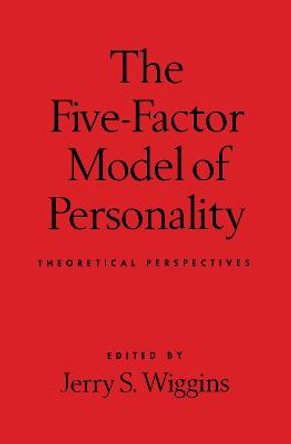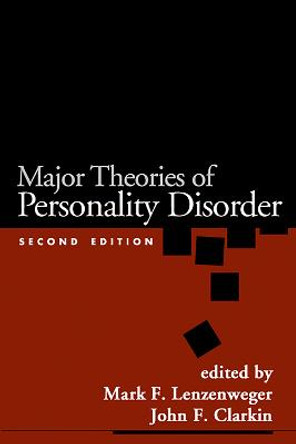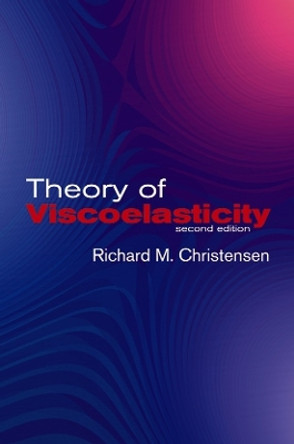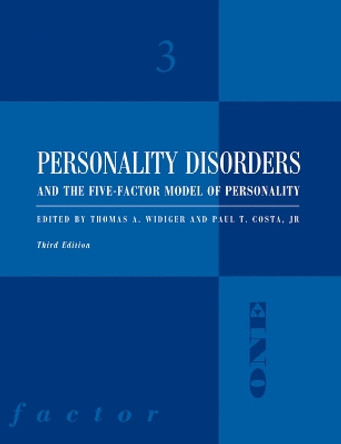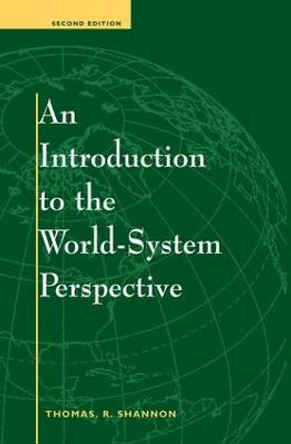Description
This influential work examines how enduring dispositions or traits affect the process of aging and shape each individual's life course. From two well-known authorities in the field, the volume is grounded in a growing body of empirical evidence. Critically reviewing different theories of personality and adult development, the authors explain the logic behind the scientific assessment of personality, present a comprehensive model of trait structure, and examine patterns of trait stability and change after age 30, incorporating data from ongoing cross-sectional and longitudinal studies. Written in a clear, jargon-free style, this book is an ideal text for advanced students and a timely reference for researchers and clinicians.
About the Author
Robert R. McCrae, PhD, is Research Psychologist at the Gerontology Research Center of the National Institute on Aging. He received his doctorate in personality psychology from Boston University in 1976, and has since conducted research on personality structure, assessment, and development. His recent work has centered on cross-cultural studies of personality. He has authored or coauthored over 250 articles and chapters, and with Paul T. Costa, Jr., he is author of the Revised NEO Personality Inventory. Note: Personality in Adulthood, Second Edition, was written by Robert R. McCrae and Paul T. Costa, Jr., in their private capacities. No official support or endorsement by the National Institute on Aging is intended or should be inferred.
Paul T. Costa, Jr., PhD, is Chief of the Laboratory of Personality and Cognition at the National Institute on Aging's Intramural Research Program in Baltimore, Maryland. His enduring interests are in the structure and measurement of personality and in lifespan development, psychopathology, and neurobiological bases of personality. He has authored or coauthored over 300 papers and chapters and has served as President of APA Divisions 5 and 20, the Association for Research in Personality, and the International Society for the Study of Individual Differences. Note: Personality in Adulthood, Second Edition, was written by Robert R. McCrae and Paul T. Costa, Jr., in their private capacities. No official support or endorsement by the National Institute on Aging is intended or should be inferred.
Reviews
This is an important updating of the first edition. The authors' emphasis on stability in personality through adulthood is now fully buttressed by their Five-Factor Theory and by new evidence, particularly recent cross-cultural and longitudinal findings. Little background in psychology or gerontology is assumed, and research methods and statistics are introduced and explained along the way. Yet the book is not only for beginners. Researchers in adult personality development will find this book to be an invaluable portal to the authors' extensive research program. McCrae and Costa are prolific and creative researchers who have been working together for more than 20 years, and there is no better introduction to and summary of their contributions to personality psychology and adult development.--Daniel J. Ozer, PhD, Department of Psychology, University of California, Riverside
The first edition of Personality in Adulthood was a landmark in the presentation of the Five-Factor Model. The second edition builds on that contribution and presents the most current formulation of the theory and supportive research. Particularly noteworthy is the attention given to cross-cultural studies. Every personality psychologist will want to give careful attention to this important contribution.--Lawrence A. Pervin, PhD, Department of Psychology, Rutgers/m-/The State University of New Jersey
This thorough update of the authors' classic work brings personality psychology into the 21st century. It reflects both how the field has stabilized and matured over the past two decades and how it is poised for many important contributions in the years to come. The volume is several books in one: a summary of the authors' Five-Factor Theory of personality, a primer on lifespan psychological development, and a textbook on personality assessment and research methods, especially methods for understanding psychological change. Besides all that, it is full of fascinating insights about the nature of aging. Extraordinarily well written, it unobtrusively provides the instruction and background that a novice would need to understand the material, while also presenting new and challenging ideas for the research professional. This book will serve as an excellent primary text for courses in lifespan development. It will also serve well as a secondary text for upper-level undergraduate- and graduate-level courses in personality and developmental psychology.--David Funder, PhD, Department of Psychology, University of California, Riverside
McCrae and Costa have done an outstanding job of bringing their book up to date while rethinking and expanding their conclusions. The last dozen years have seen an explosion of relevant research, and McCrae and Costa seem to have incorporated it all. Some of their arguments and conclusions will continue to be controversial, as they themselves fully acknowledge; but even those who disagree with them in one respect or another will be grateful for this clear and full new statement. It will be a highly useful book, especially for those wishing to be informed about the current status of the Five-Factor Model of personality./m-/David M. Wulff, PhD, Department of Psychology, Wheaton College
-
Book Information
ISBN 9781593852603
Author Robert R. McCrae
Format Paperback
Page Count 268
Imprint Guilford Publications
Publisher Guilford Publications
Weight(grams) 380g


